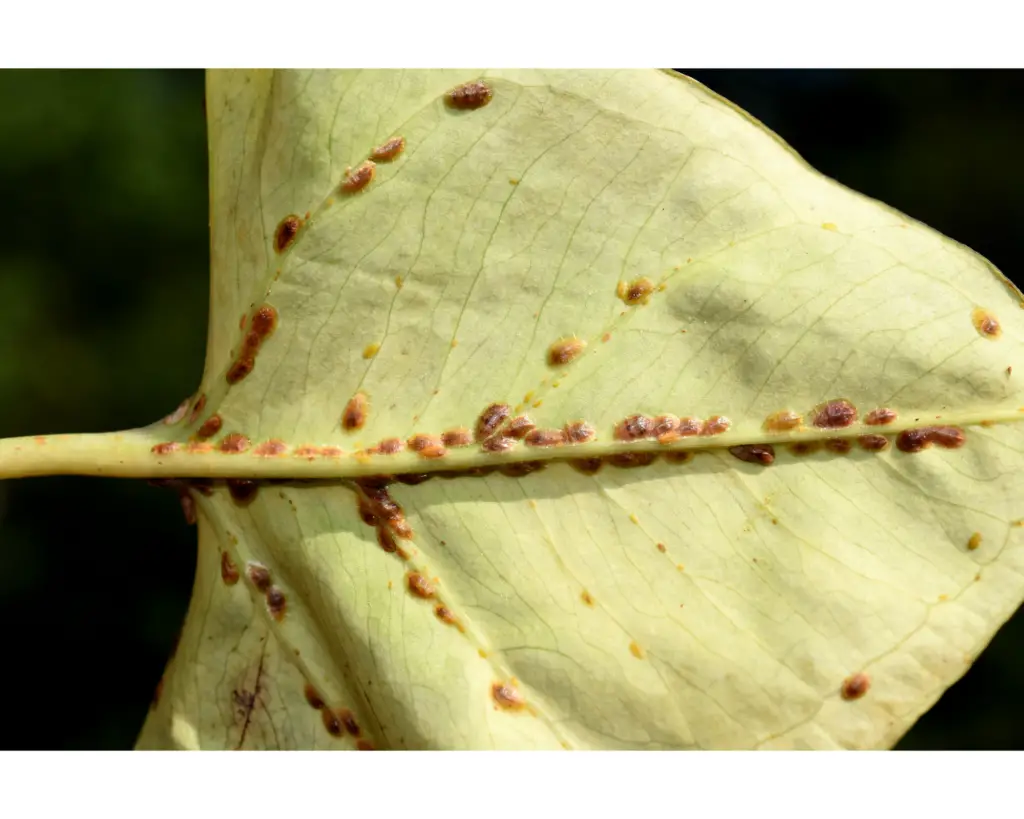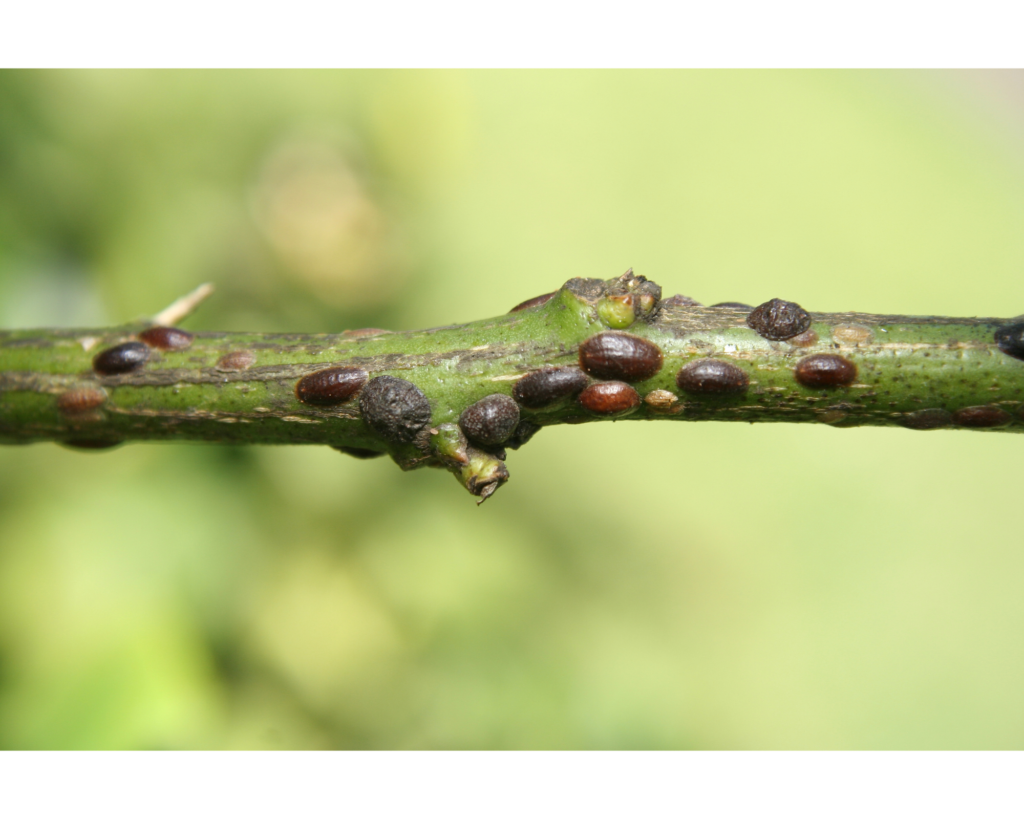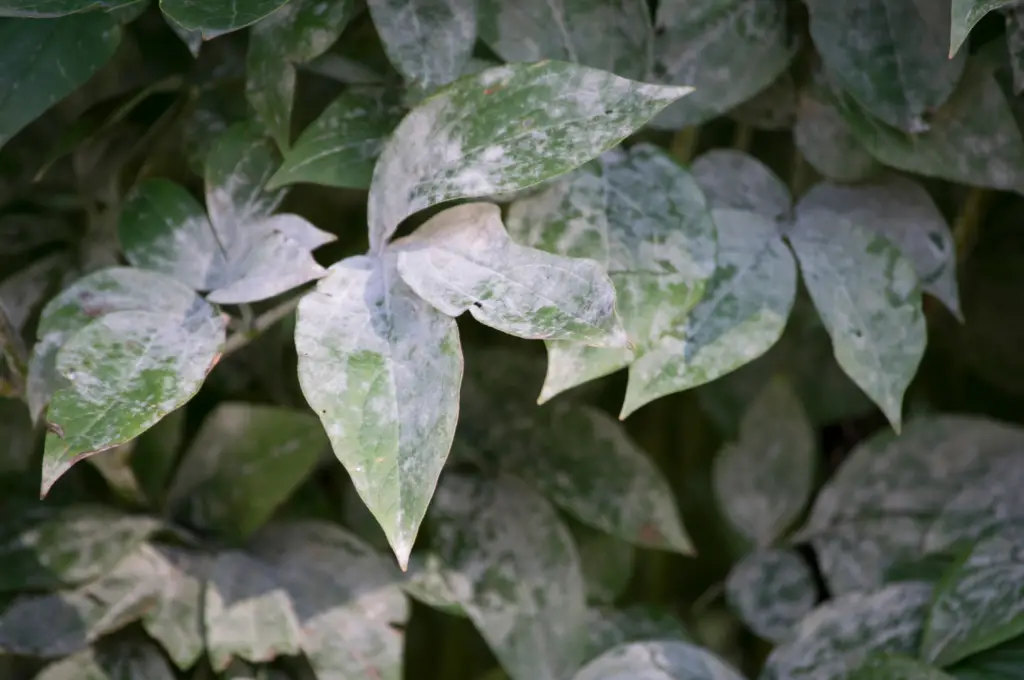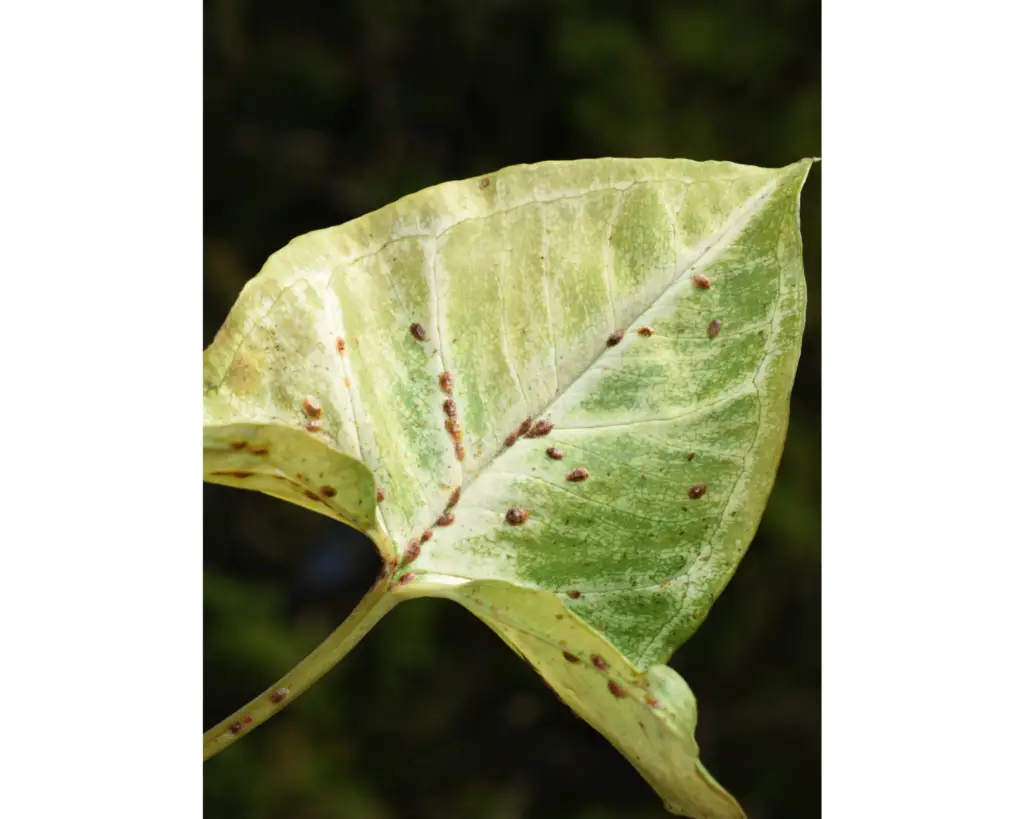Houseplants are a delightful addition to any indoor space, providing beauty, purifying the air, and bringing a touch of nature to our homes. However, houseplants can sometimes fall victim to various pests, with scale insects being among the most common nuisances. These tiny, oval-shaped pests attach themselves to plant stems and leaves, sucking out vital sap and weakening the plants over time. Managing scale insects is essential to maintain the health and vitality of your houseplants. In this article, we will explore effective strategies for identifying, preventing, and controlling scale insects to help you maintain a thriving indoor garden.


Table of Contents
I. Understanding Scale Insects
Scale insects are small, immobile pests that belong to the order Hemiptera. They derive their name from the protective waxy covering or scale they produce, which shields them from predators and environmental factors. Scale insects can be found in a range of colours, shapes, and sizes, depending on the species.
Types of Scale Insects
- Soft Scales: These insects have a soft, cotton-like or waxy protective cover and excrete a sugary substance called honeydew.
- Armored Scales: Armored scales have a hard, shell-like covering that protects them from predators.
Life Cycle Scale
These insects undergo a simple life cycle consisting of eggs, nymphs, and adults. Eggs are typically laid under the female scale’s protective covering, and after hatching, the nymphs emerge, eventually maturing into adult scales.
II. Identifying Scale Infections
Early detection of scale insects is crucial for effective management. By regularly inspecting your houseplants, you can identify and address scale infestations promptly.
- Visual Symptoms: Scale insects leave behind telltale signs, such as tiny bumps or scales on leaves, stems, or the underside of foliage. These scales can vary in colour and size, ranging from pale yellow to dark brown or black.
- Honeydew and Sooty Mold: The presence of a sticky, sugary substance called honeydew on leaves and surrounding areas is a clear indication of scale infestation. Honeydew provides a breeding ground for sooty mold, a black, powdery fungus that further weakens plants.


III. Preventing Scale Infestations
Prevention is always better than cure when it comes to managing scale insects. Implementing a few proactive measures can significantly reduce the risk of infestation.
- Quarantine New Plants: Before introducing new plants to your indoor garden, isolate them for a few weeks to observe for signs of scale or any other pests. This prevents potential infestations from spreading to your existing plants.
- Maintain Plant Health: Healthy plants are more resistant to pests and diseases. Provide adequate sunlight, water, and nutrition to your houseplants, as stressed or weak plants are more susceptible to scale infestations.
- Regular Cleaning and Inspection: Wiping down leaves and stems with a damp cloth or sponge can help remove scale insects and their eggs. Regularly inspecting your plants, particularly the undersides of leaves, can aid in early detection.
IV. Controlling Scale Insects
If your houseplants become infested with scale insects, prompt action is necessary to prevent further damage. Here are several effective control methods:
- Mechanical Control: Manual removal of scale insects is possible for smaller infestations. Use a cotton swab dipped in rubbing alcohol or soapy water to gently scrub the scales off the affected plant parts. Be thorough, as even a few surviving scales can quickly multiply.
- Natural Predators: Introducing beneficial insects, such as ladybugs or lacewings, to your indoor garden can help control scale populations. These predators feed on scale insects and can provide long-term management.
- Horticultural Oil: Applying horticultural oil to affected plants suffocates scale insects by blocking their breathing pores. Ensure you follow the instructions carefully, as some plants may be sensitive to oil treatments.
- Insecticidal Soaps: Insecticidal soaps are effective against soft scale insects. These soaps disrupt the pests’ cell membranes, causing dehydration and death. Dilute the soap as per the manufacturer’s instructions and spray it directly on the scales, ensuring thorough coverage.
- Systemic Insecticides: In severe infestations, systemic insecticides can be used. These chemicals are absorbed by the plant and transported to all parts, including the stems and leaves. However, exercise caution and follow the instructions meticulously to minimise any potential risks.
V. Post-treatment Care
After applying control measures, it is essential to provide post-treatment care to your houseplants to aid their recovery and prevent reinfestation.
- Monitoring: Continue monitoring your plants regularly, keeping an eye out for any signs of scale resurgence or new infestations. Early detection allows for swift action and better control.
- Improved Cultural Practices: Enhance the overall health of your plants by ensuring proper watering, adequate light, and suitable temperatures. Healthy plants are better equipped to resist pests and recover from infestations.
- Maintaining Cleanliness: Cleanliness is crucial in preventing the buildup of honeydew and sooty mold. Regularly clean plant foliage, surrounding surfaces, and plant containers to minimise the risk of future infestations.
Conclusion
Scale insects can pose a significant threat to the health and vigour of your houseplants. By understanding their life cycle, identifying infestations early on, implementing preventative measures, and applying appropriate control methods, you can successfully manage and control scale insects in your indoor garden. Remember that a combination of strategies, such as manual removal, natural predators, and targeted insecticides, may be necessary for effective management. With consistent care and vigilance, you can maintain a thriving indoor garden, free from the harm caused by scale insects.
